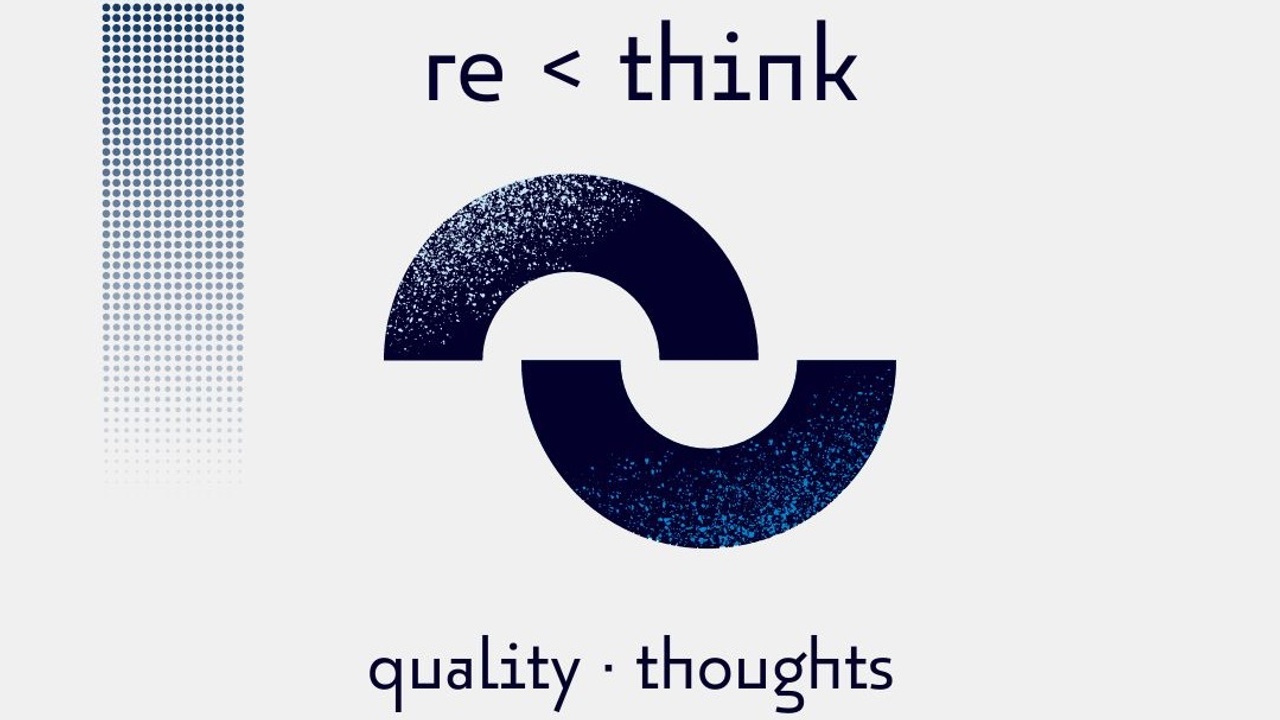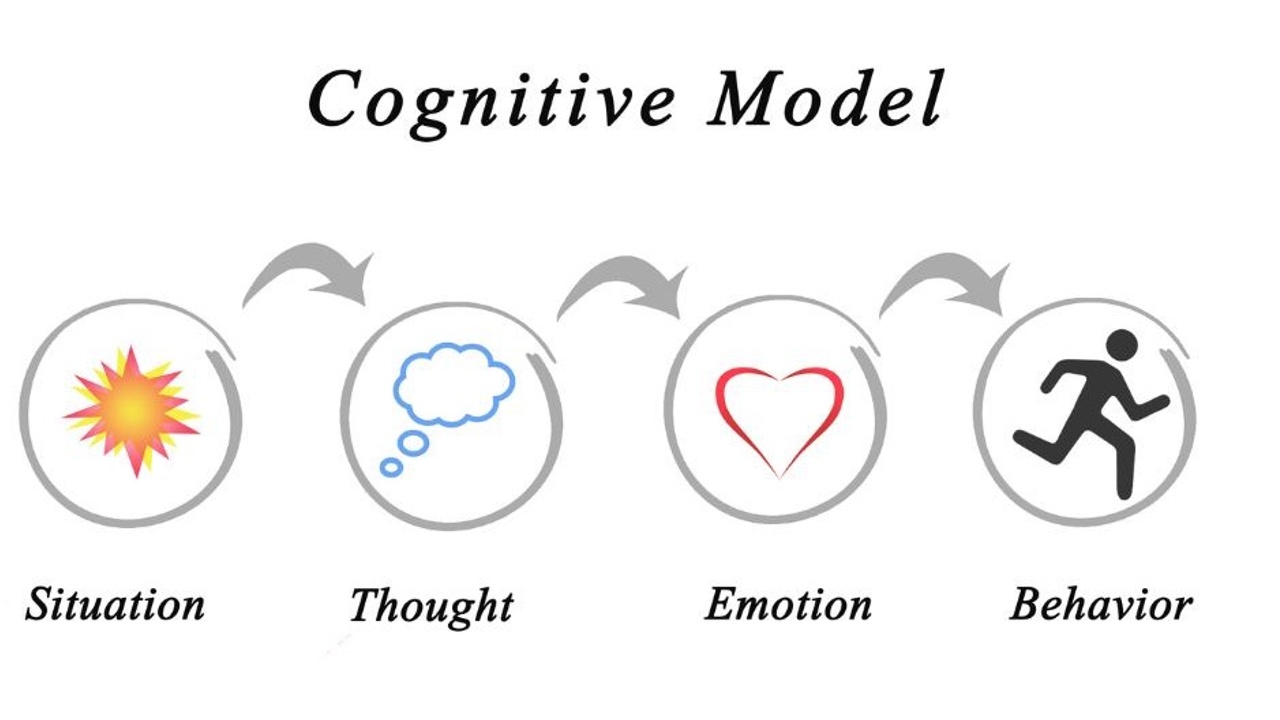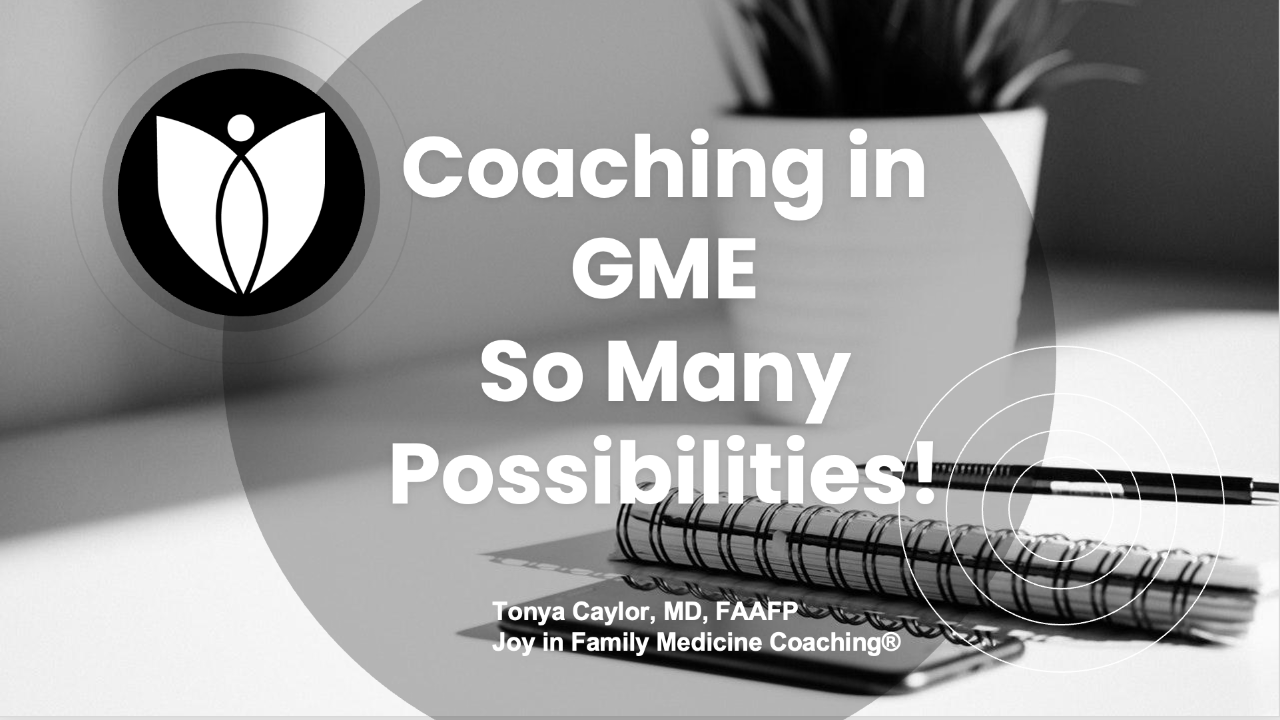The Joy in Family Medicine Blog
Insights and practical ways forward:
Rooted in years of reflection, medicine, education, and coaching
Curated to support your well-being, growth, and fulfillment as a physician.
Over the past month, we went through some foundational steps to optimize your experience even when you couldn’t control the s...
Last week, I introduced a framework called the Thought Model for those of us not trained as behavioral scientists. In it, we ...
Over the last two weeks, I’ve laid out two fundamental steps to optimize your frame of mind. If you do nothing else, that alo...
After spending time noticing common thinking traps and default patterns, we have moved into the next step. Last week, we focu...
We’ve just spent time exploring common "thinking traps". Now let’s zoom out and look at a simple, step-by-step way to work mo...
This post is part of the Faculty Coaching Skills Series, which explores how faculty can apply coaching approaches in medical...
This post is part of the Faculty Coaching Skills Series, which explores how faculty can apply coaching approaches in medical...
This post is part of the Faculty Coaching Skills Series, which explores how faculty can apply coaching approaches in medical...
This post is part of the Faculty Coaching Skills Series, which explores how faculty can apply coaching approaches in medical...
As I end the physician coaching series to focus on faculty, I want to continue the conversation from last week about faculty ...
This post is part of the Faculty Coaching Skills Series, which explores how faculty can apply coaching approaches in medical...
As we close out the blog series What is Physician Coaching? I wanted to highlight the use of coaching in Graduated Medical Ed...














